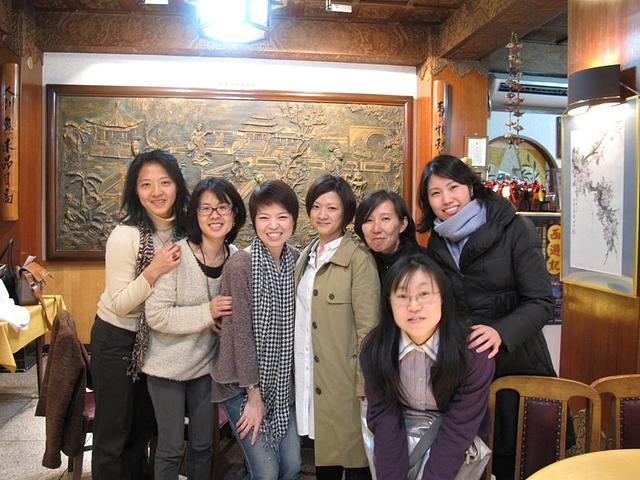Experience in Solving Statelessness and Nationalitylessness in Thailand: Identification, Prevention, Reduction and Protection (POSTFACE)
According to such lesson learned in solving statelessness and nationalitylessness in Thailand, these three following steps will be the last propose in order to enhance the effectiveness of such solution for statelessness and nationalitylessness as a whole in this conclusion:
The very first step is to do ‘Knowledge Management (KM)’. Basically, it is to give suitable knowledge on the issues to right persons. Knowledge on statelessness and nationalitylessness should be disseminated more and more widely so that they will be accessible for all, more or less. Firstly, it appears that people facing the problems themselves will take the better responsibility than others, even on-duty officials. Therefore, giving knowledge to such people is the most effective way to solve the problem as a whole. These stateless and nationalityless people will never keep up solving their own problems if they have enough capacity to do so. Secondly, such governmental officials – both central and local – are important factors to solve and also to cause the problems for stateless and nationalityless people. According to the statistic, rights of the people mostly are violated when the officials do not have well-rounded knowledge on the issues. Hence, the responsible governmental officials needed to be trained in order to use such knowledge helping, instead of exploiting, people. And lastly, civil society such as NGOs, media, and community is as well a key person for prevention and reduction statelessness and nationalitylessness and protection of the right of the people. Their work on the issue will be effective and helpful for the stateless and nationalityless people if their capacity is built and developed in appropriate way.
The next step which can be done along side with knowledge management is to do ‘System Management (SM)’. Although, planning to solve the problems systematically takes a long time for the better change, it is, in fact, crucial for every country to follow. Firstly, it is true that there are very few experts or specialists, especially governmental officials, who really understand stateless and nationalityless issues. Therefore, to produce such people is to make this system reality in the long run. Secondly, in the Thai society, for example, there are a lot of organizations: NGOs; media; community; governmental organs; independent organs; academic organs; or even political organs, working on the same issue of statelessness and nationalitylessness, but separately. Integrated cooperation among these units should be set right away to develop effective solutions on statelessness and nationalitylessness. In every single organization, a specific officer working on the issue should be represented and work in collaboration among such organs when the problems occur. So, this process helps double check the implementation of each organs and it facilitates assisting among the organs in every possible means.
Finally, the last step to be reached to make Thailand a better place for protection of stateless and nationalityless people is to do ‘Attitude Management (AM)’. This step is the most difficult process and it will surely take a long time to meet achievement. However, after passing those two steps – Knowledge Management and System Management, better attitude of people relating to stateless and nationalityless issues will reveal gradually.

Stateless Network from Japan and BKK Legal Clinic from Thailand
ใน "Lessons Learned on Advocacy for Displaced and Stateless Persons"
ความเห็น (2)
Thank you. I have learned more about S-N- people and their problems. It also occurs to me that people who try to solve S-N- issues have themselves a lot of problems too. From your article above, the helpers don't 'know' (KM), don't have 'facilities' (SM) and don't really 'care' (AM).
It would be interesting to hear from S-N- people themselves: what help they 'really' need/use. I see 'identity' (to be as they are) and 'land rights' (to live and use land). Education and health could be provided by existing facilities and NGOs. But, it would be wrong to guess their need and work to satisfy our 'reason for existence'.
I do agree with what you've commented actually. People participation is always crucial not only for statelessness problems but for every issues, I believe. When I and my colleague set up a classroom for stateless people in Thammasat University, we heard a lot from stateless people and we knew that they have potential to solve their own problem by our guidance :-)
Anyway, thanks for your comments.